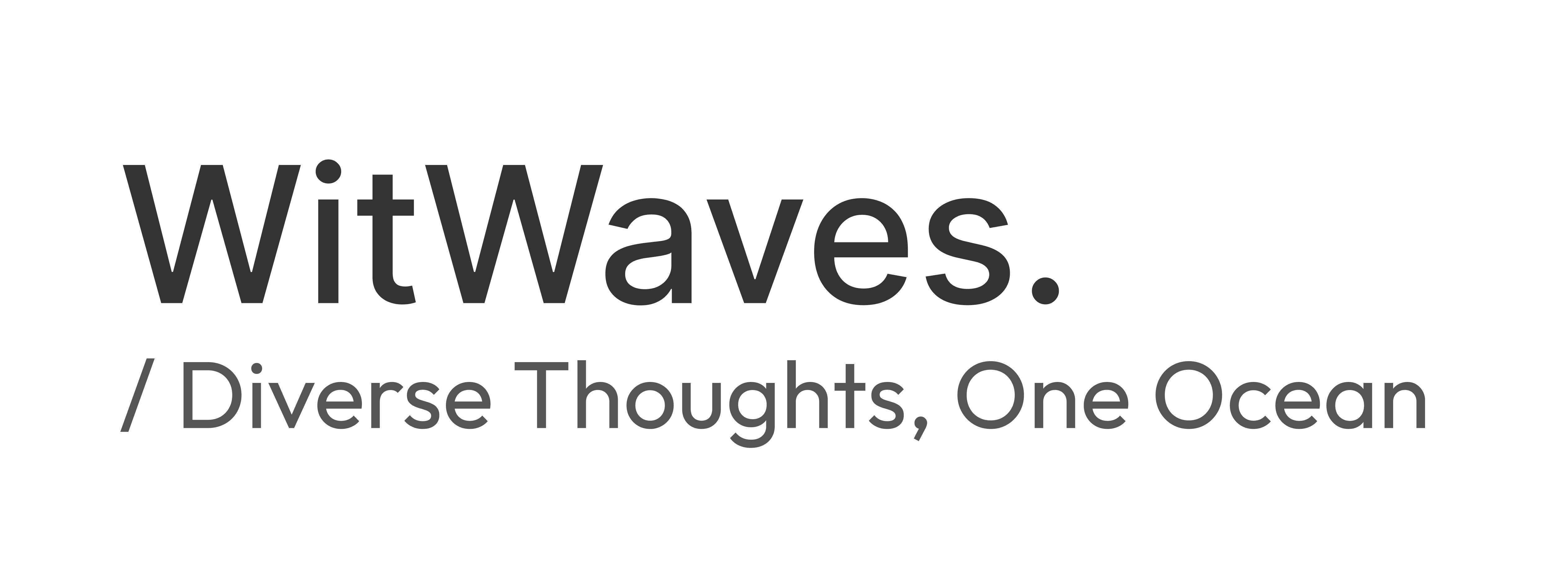In a world shaped by collaboration, innovation, and constant change, knowledge stands as one of our most valuable assets. Yet, its true value is realized not by how much we keep, but by how much we share. When you share what you know, you don’t just help others but you reinforce your own understanding, build trust, and spark a culture of collective growth.
Why Sharing Knowledge Matters More Than Ever
- Information is abundant, insights are rare. While facts are at everyone’s fingertips, real wisdom comes from context, experience, and interpretation.
- Your perspective creates impact. Sharing your lessons, frameworks, and mindset adds depth to conversations, driving creativity and problem-solving in teams, and fostering connection and trust in communities.
- Knowledge grows when shared. Unlike material resources, knowledge multiplies as it spreads. What’s obvious to you could be the breakthrough someone else needs.
What Stops People from Sharing?
Despite its benefits, many hesitate to share knowledge. Common barriers include:
- Fear of Judgment: Worrying about being wrong or questioned.
- Imposter Syndrome: Feeling unqualified to teach or contribute.
- Underestimating Value: Assuming “everyone already knows this.”
- Competitive Culture: Fearing loss of an advantage by sharing.
The reality is, sharing doesn’t make you vulnerable instead it makes you visible. In growth-oriented environments, visibility leads to trust and collaboration, not criticism. Remember, what’s basic to you might be transformational to someone else.
Secrets to Effective Knowledge Sharing
Not all sharing is equal. To make your knowledge truly impactful, keep these principles in mind:
1. Create Safe Spaces
- Foster environments where curiosity is encouraged and mistakes are viewed as learning opportunities.
- Psychological safety unlocks honest, open knowledge exchange.
2. Simplify, Don’t Complicate
- Use analogies, real-life stories, and clear language.
- Focus on making ideas accessible, not on impressing others.
3. Be Consistent
- Share regularly, whether in meetings, online posts, or casual conversations.
- Repetition helps ideas stick and signals your commitment.
4. Practice Two-Way Learning
- Invite questions and feedback.
- Listen as much as you speak as conversations deepen understanding for everyone.
5. Document and Distribute
- Centralize knowledge in accessible places (e.g. shared drives, wikis, or community folders).
- Ensure ideas and resources are available beyond a single moment.
The Ripple Effect of Sharing
Every time you share, you plant a seed that may bloom in unexpected ways:
- Prevent repeated mistakes by sharing lessons learned.
- Inspire others to explore new domains or approaches.
- Accelerate progress by offering templates, shortcuts, or frameworks.
- Build your own credibility as a thoughtful, generous contributor.
This ripple effect transforms individuals into communities and teams into movements, creating a culture where contribution is the norm.
You Don’t Have to Know Everything, You Just Have to Be Willing to Share
- You don’t need a title or an advanced degree as your experiences are valuable.
- Be honest about what you don’t know and open to correction because learning is a two-way street.
- The goal isn’t expertise, but generosity.
When you choose to share, you empower others and yourself. That’s the hidden power of sharing what you know: it turns knowledge into collective strength, and learning into a shared journey.


Discussion
Start the conversation
No comments yet
Be the first to share your thoughts on this article. Your insights could spark an interesting discussion!